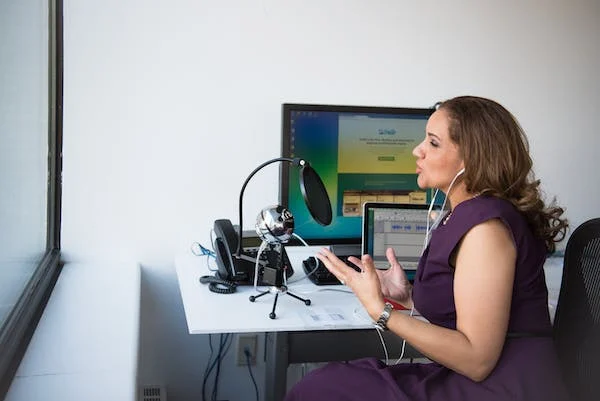The Rise of Podcasting
Podcasting has democratized content creation, allowing individuals and organizations to produce and share their audio shows with minimal barriers to entry. This has led to a diverse range of podcasts covering virtually every imaginable topic, from technology and science to storytelling, comedy, and education.
One of the key factors contributing to the rise of podcasts is their accessibility. Unlike traditional radio shows that require a fixed schedule, podcasts can be consumed at any time and anywhere. This flexibility has made them a popular choice for people looking to stay informed or entertained during commutes, workouts, or daily chores.
The Podcasting Landscape
The podcasting landscape is vast and diverse, catering to a wide range of interests. Some podcasts are professionally produced and hosted by well-known personalities, while others are created by enthusiasts with a passion for a particular subject. This diversity is a strength of the medium, as it allows listeners to find content that aligns with their specific interests.
Podcasts come in various formats, including interview-style shows, narrative storytelling, panel discussions, and educational content. The diversity in format ensures that there is something for everyone, making podcasts an inclusive medium for content consumption.
Podcast Formats
Interview-Based Podcasts: These podcasts feature hosts interviewing guests, often experts in their respective fields. The conversations can be deep dives into specific topics or more casual discussions, depending on the format.
Narrative Storytelling: Some podcasts tell stories in a serialized format, similar to traditional radio dramas. This format is particularly effective for true crime, historical, or fiction storytelling.
Panel Discussions: Panel-style podcasts involve a group of hosts or experts discussing various topics. This format encourages dynamic conversations and diverse perspectives.
Educational Podcasts: Focused on sharing knowledge, educational podcasts cover a wide array of subjects, providing valuable insights and information to listeners.
Podcasting Technology
The technology behind podcasting is relatively simple, making it accessible to a broad audience. Podcasters need a microphone, recording software, and a hosting platform to publish their episodes. Distribution is facilitated through RSS feeds, which allow podcast directories and platforms to automatically update with new episodes.
Listeners can access podcasts through dedicated podcasting apps, streaming services, or directly from the podcast's website. The ease of access has contributed significantly to the medium's popularity.
The Future of Podcasting
As podcasting continues to grow, its future appears promising. The industry is seeing increased investments from both traditional media companies and tech giants, indicating a recognition of the medium's potential. Podcast advertising has also become a lucrative market, with brands leveraging the intimate connection between hosts and listeners.
The evolving technology landscape is likely to bring new innovations to podcasting. Advances in artificial intelligence may lead to personalized podcast recommendations, enhancing the listener experience. Additionally, interactive features and virtual reality could further transform how audiences engage with podcast content.
Tips for Podcast Creators
If you're considering starting your own podcast, here are some tips to help you get started:
Define Your Niche: Identify your target audience and choose a specific niche or topic for your podcast. This will help you stand out in a crowded market.
Invest in Quality Equipment: While you don't need a professional studio, investing in a decent microphone and recording setup can significantly improve the quality of your podcast.
Plan Your Episodes: Outline your episodes before recording to ensure a smooth flow and engaging content. This is especially important for interview-based and storytelling formats.
Consistency is Key: Whether you release episodes weekly, bi-weekly, or monthly, consistency is crucial for building and retaining your audience.
Promote Your Podcast: Use social media, online communities, and other channels to promote your podcast. Engage with your audience and encourage them to share your episodes.




Comments (0)